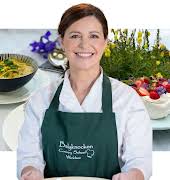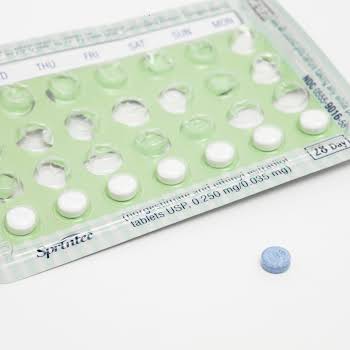
By Jennifer McShane
19th Nov 2018
19th Nov 2018
Over the past week here at IMAGE, the topic of consent has weighed heavily on all our minds. And that’s partly what makes us so angry. Consent shouldn’t be an issue that we have to debate, mull over or even think twice about. There should be no ‘grey area’ ever mentioned when it comes to consent – it should just be simple. We’ve said “no.” We’ve said, “stop.” We’ve said, “I don’t want this.” That means we unequivocally have not given consent. It doesn’t matter if we’ve dressed in a skirt or worn jeans. It doesn’t matter if we’ve dressed to feel sexy or empowered by the parts of our body that make us feel like the best version of ourselves. And it certainly makes not one iota of difference what underwear we have on. We’ve still said no. And that means we don’t consent, not that we’re asking for it.
It seems ludicrous to even type that paragraph; explaining the basics of what consensual sex entails. And yet, Ireland was on the world stage this week because special counsel Elizabeth O’Connell defended her 27-year-old client for allegedly raping a 17-year-old girl in Cork, the implication shamefully being that she had given consent, on the basis of her choice of underwear. And we had to tweet, shout, march in anger as we were forced to explain – again – what it means to consent. The alleged attacker avoided jail. #ThisIsNotConsent trended worldwide. The victim was traumatised, then blamed for her own assault because of her choice of underwear. It beggars belief that it is 2018 and this continues to be the basis of how we deem a sexual assault allegation legitimate.
Related: ‘I’ve worn four different outfits while being sexually assaulted’
We can barely process it ourselves, so how do we go explaining the issue to our young, impressionable daughters? Every parent will have their own thoughts and tribulations on this, but the now Dame Emma Thompson revealed that she thought about this very topic long ago, back when her now-adult daughter Gaia was just 10-years-old.
View this post on Instagram
Concerned about how her daughter would navigate potentially dangerous and uncomfortable situations, she wrote a sexual and emotional care guide, detailing how she should address terminology that made her uncomfortable and how she should opt to give her consent – or not – particularly if any environment made her even remotely uneasy or unhappy.
Speaking on the My Dad Wrote a Porno podcast, Emma said it was intended to show her daughter how to connect and make sense of all the different feelings, in her “head, heart and groin,” because “they are all different feelings” that “don’t get spoken about, that all need to somehow balance together before you take any action,” according to the actress. “What is right to do is wait until that happens.”
Gaia – now 18-years-old – shared an extract from the book. She read: “Can I start by saying one thing – I think sex is a really shiz word. It’s all s’s and x’s and sounds like a snake, not in a good way, and is hard and sibilant on the ear, and used to make me feel slightly queasy even just hearing it.”
View this post on Instagram
“For the purpose of these early writings, I’m going to choose another word. In fact, I’m going to make one up. Shavoom.”
The Love Actually star said that she found the whole thing quite “yiddish.”
Continuing to read, Gaia said: ‘There are certain feelings to look out for, and in this patch of life, the really crucial feeling is the icky sense of unease we get when there is shavoomy stuff floating around that we are not comfortable with.”
“If anyone does anything, says anything, implies anything, shows anything, suggests anything that makes you feel ick, move away, get away, say no thank you, or even just no without the thank you, walk away because ick is an unbelievably useful emotion. Ick means no.”
While the podcast in itself makes light of some of the elements, the basis of the message of the book was applauded by everyone in the room: “Shavoom: when the mind, the heart and the centre of Shavoom are connected, then you are safe. Safe to make a decision about how you are going to act.”
If you’re going to teach your 10-year-old daughter about sexual and emotional self-care, that’s certainly one way to do it.
You can listen to the full podcast episode HERE























